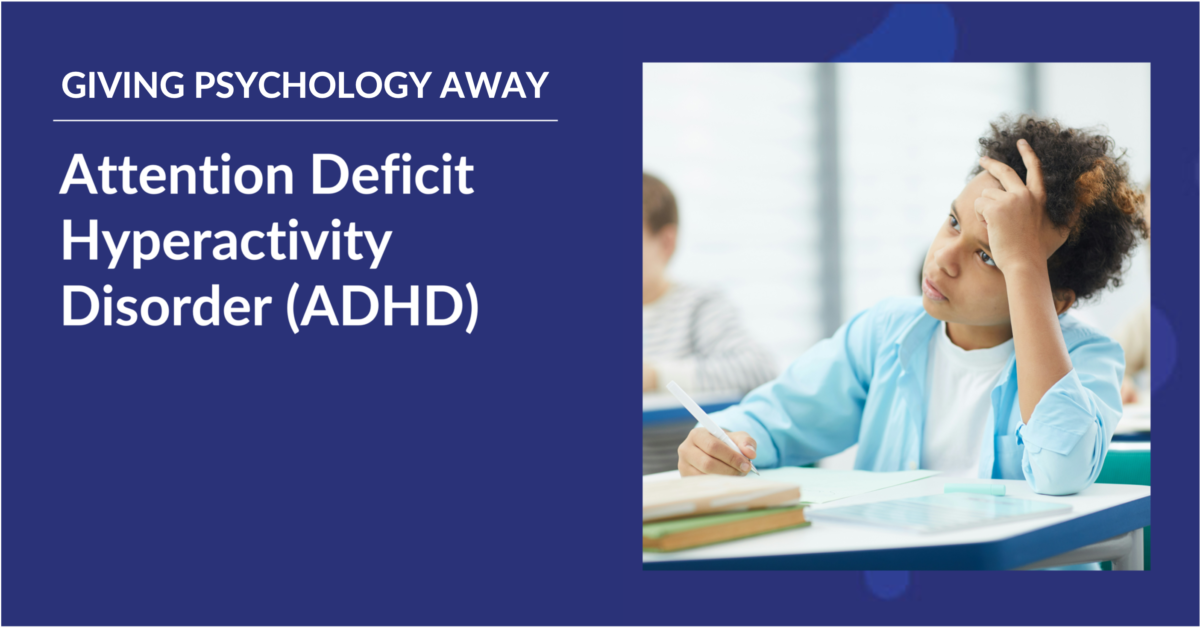ADHD is a common, lifelong neurodevelopmental disorder characterized by a persistent pattern of inattention and/or hyperactivity-impulsivity that interferes with functioning or development.
Depending on the presentation, there are different subtypes of ADHD namely:
- Inattentive Subtype (previously known as ADD): 20-30%
- Hyperactive-Impulsive Subtype: 15%
- Combined Subtype: 50-75%
As an area of neuro-diversity, ADHD can co-exist with other areas of neurodiversity such as dysgraphia, developmental coordination disorder, and a large overlap with autism (25-40%). Individuals with ADHD can also present with depression and anxiety, possibly as a result of unmet needs and difficulty adjusting to environments that cater for neurotypical children.
ADHD and Executive Functioning
Executive Functions: Executive functions are cognitive processes that help us plan, focus attention, remember instructions, and manage multiple tasks. They are primarily located in the prefrontal regions of the frontal lobe and involve multiple connections to other brain regions.
Key Executive Functions Affected by ADHD:
- Working Memory: The ability to hold and manipulate information over short periods.
- Sustained Attention: The capacity to maintain focus on a task or activity over a prolonged period.
- Organization: The skill to arrange thoughts, materials, and tasks in a structured manner.
- Response Inhibition: The ability to control impulses and resist distractions.
- Emotional Control: The capacity to manage emotions and respond appropriately to situations.
- Time Management: The skill to plan and allocate time effectively.
- Planning and Prioritizing: The ability to set goals, plan steps to achieve them, and prioritize tasks.
- Task Initiation: The ability to begin tasks promptly and efficiently.
- Goal-Directed Persistence: The capacity to stay focused on a goal despite obstacles and distractions.
Impact of ADHD on Executive Functions:
People with ADHD often experience a delay in the development of executive functions, making them more likely to act based on short-term rather than long-term goals. ADHD can lead to impairments in one or more executive functions, affecting memory, planning, emotional regulation, and social skills.
Supporting children with their executive function skills, as well as the impact of the environment on their capacity to keep up with school life, is a key area of our EP role and a prerequisite for the child’s overall academic progress and emotional wellbeing.
7 x top tips for schools to consider are:

Learning Environment:
Minimise distractions, use visual aids, allow movement breaks, and provide a quiet space.

Teaching Strategies:
Provide clear instructions, break tasks into manageable chunks, use visual cues, and incorporate meaningful movement.

Emotion coaching:
Remain calm, connect before correcting, use redirection, avoid arguing, and provide feedback on the skills observed and what else the child needs to be doing. Be specific!

Whole School Approach:
Provide a structured environment, positive reinforcement, psychoeducation, and support for parents.

Interventions:
Provide young people with a space to understand themselves and their emotions. Where you may need to support social skills, please consider the language used to ensure we are not asking individual students to mask or reject aspects of their identity. Supporting memory and executive functions through play and games may be an ideal way to support development in a non-threatening or tiring for children way.
ADHD bodies may require additional sensory processing support such as mindfulness and body scans. It would be ideal to create a bank of regulatory strategies with the child so they feel part of the process and develop their capacity for self awareness and self-regulation. Adults need to model this by thinking out loud “the energy in your body tells me that perhaps we need to…”

Strengths-Based Understanding of ADHD:
It is important to recognise and celebrate strengths such as creativity, energy, enthusiasm, and resilience. Children with ADHD can present with hyper focus on areas they are interested in so utilising this to promote other skills may be an ideal way to turn their ADHD into a superpower!

ADHD and Trauma:
We are mindful that childhood trauma and children being in a chronic high alert state can also create presentations very similar to ADHD. Many children with trauma end up receiving a diagnosis of ADHD and EPs are often involved in conversations with schools to support staff in considering appropriate and trauma informed ways to support children with hyperactivity, organisational difficulties and emotional regulation challenges.

